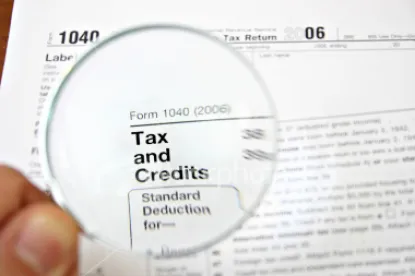As we noted in our December 15, 2014 post “Tax Reform is Already on the Table,” “[g]iven the politics at play with a Republican controlled Congress and a Democratic administration, it is easy to expect tax reform will go nowhere.” Nonetheless, we noted the likelihood “that there will be a strong push by both parties to overhaul the nation’s antiquated tax structure.”
Whatever prospect existed for collaboration between the Republican Congress and the Democratic President came to a sudden collapse over the weekend, as the President and his team outlined the proposal that will be included in the State of the Union address to be given tonight.
Over the weekend, the President sought to seize the initiative by announcing he will propose steep increases in taxes on the wealthy and on large financial institutions. He will propose an increase in the capital gains tax rate. He will also propose ending the “step-up” in basis for capital assets that are bequeathed through a decedent’s estate. For large financial institutions, he would impose a fee on excessive leverage.
The President also plans to propose increases in the child income-tax break and the earned income tax credit for low-income workers. He will also propose a second-earner tax credit for low-income households.
Congressional Republicans reacted swiftly and vehemently against the President’s overall proposals, which would raise significant amounts of money.
Observers have been skeptical all along of the ability to enact tax reform under President Obama because of the deep split between the parties over whether tax reform should be revenue neutral, as most Republicans insist, or not, as the President and most Democrats want to see.
With his State of the Union plan, the President has reasserted his opposition to revenue neutrality and has spelled out how much more in tax revenue he wants to get and spend. Although some Republicans might have been willing to support an increase in revenues, that support was generally contingent on the added revenue being used to pay down the debt and not for increased or new spending, as the President intends.
These stark differences on taxes between the two parties, which were already evident, suggest that positions are hardening even further and that, as a result, there is no realistic prospect that tax reform legislation will be enacted during the 114th Congress. Nonetheless, as we noted in our December 2014 post, the fact that legislation is unlikely to be enacted does not mean that nothing will happen on tax reform. Indeed, the gauntlet the President has thrown down may well prompt congressional Republicans to push forward on tax reform to clarify the differences between the two parties over the issue and crystalize the debate in advance of 2016.
In order to do so, Republicans in Congress will have to develop, introduce, and advance legislation. Even if doomed to failure, the decisions made as those bills are put together will likely form the underpinnings of any eventual, successful tax reform legislation.
Hearkening back to the point we made in December, companies and individuals who care about tax reform will need more than ever to be part of the dialogue on Capitol Hill. The pay-off for such engagement may not come soon, but the harm from not engaging now is certain to occur and will be long-lasting.





 />i
/>i
